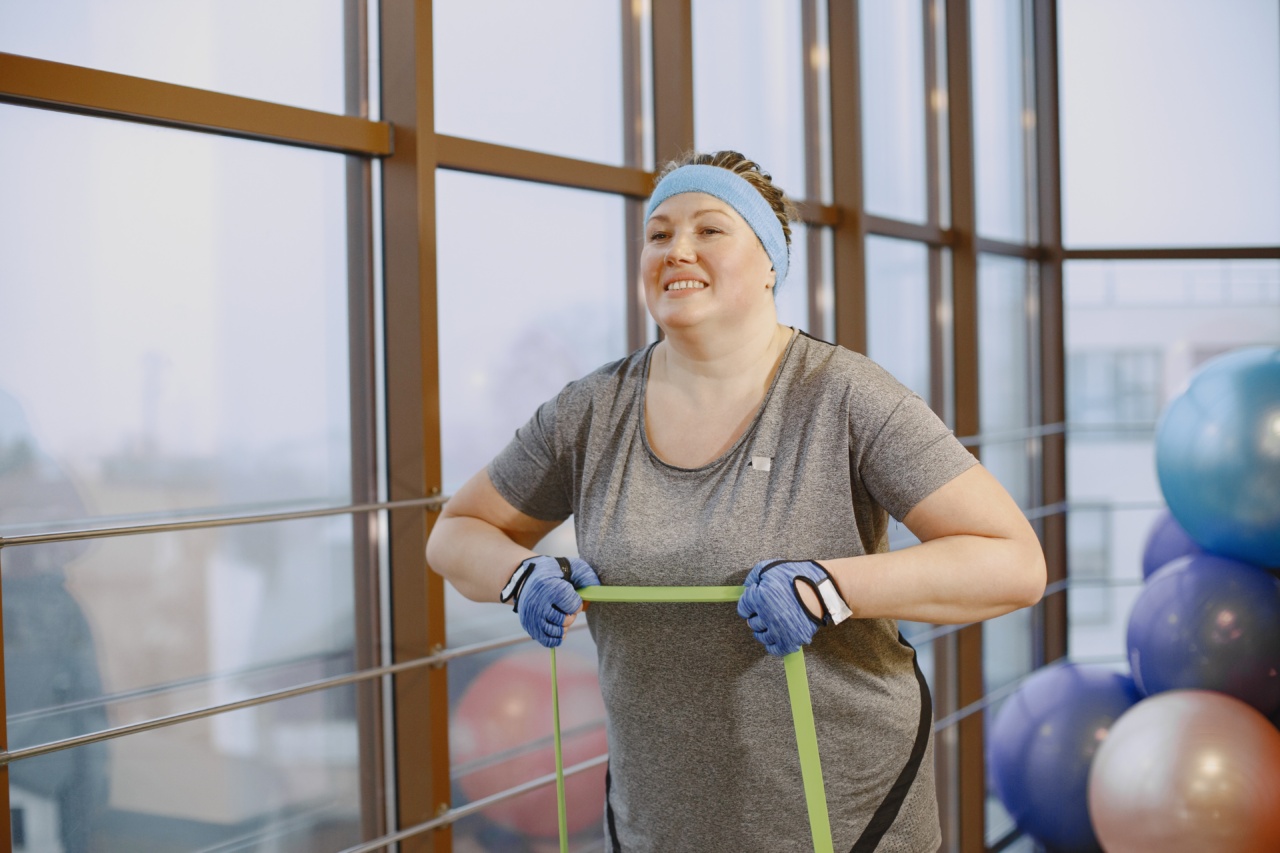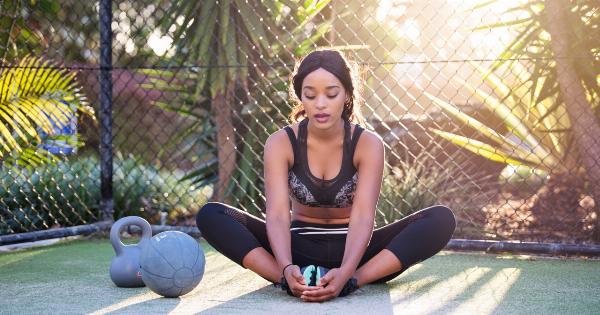Exercise has long been recognized as a cornerstone habit for a healthy lifestyle, and its benefits are particularly vital for women.
With their unique physiological needs and vulnerability to certain health conditions, women can greatly enhance their longevity through regular physical activity. This article delves into the various ways exercise positively affects women’s health, promoting longevity and high-quality living.
1. Cardiovascular Health
Regular aerobic exercise, such as brisk walking, swimming, or cycling, plays a crucial role in maintaining cardiovascular health in women.
Engaging in cardio workouts helps strengthen the heart muscle, improve blood circulation, and reduce the risk of cardiovascular diseases like heart attacks, stroke, and high blood pressure. By keeping the heart healthy, exercise significantly contributes to women’s longevity and overall well-being.
2. Weight Management
Weight management is often a concern for women, as hormonal changes and metabolism fluctuations can make it easier to gain weight. Exercise aids in weight control by burning calories and boosting metabolism.
Engaging in physical activity not only helps women maintain a healthy weight but also reduces the risk of obesity-related health issues, such as diabetes, certain cancers, and joint problems.
3. Bone Strength
Women have a higher risk of developing osteoporosis, a condition characterized by weak and brittle bones, compared to men. However, exercise, particularly weight-bearing exercises like jumping jacks, dancing, or weightlifting, can combat this risk.
Physical activity promotes bone density, ensuring stronger skeletal structure, and decreasing the likelihood of fractures and bone-related complications as women age.
4. Mental Well-being
Exercise is not only beneficial for physical health but also plays a significant role in improving mental well-being.
Regular physical activity releases endorphins, also known as “feel-good” hormones, which reduce stress, anxiety, and symptoms of depression. By improving mood and overall mental health, exercise enhances women’s quality of life and contributes to their longevity.
5. Hormonal Balance
Regular exercise helps regulate hormone levels in women, promoting overall hormonal balance. Physical activity reduces the risk of hormonal imbalances and associated conditions, such as polycystic ovary syndrome (PCOS) or irregular menstrual cycles.
Balanced hormones are crucial for women’s well-being and longevity, as they influence a wide range of bodily functions.
6. Reduced Cancer Risk
Exercise has been linked to a reduced risk of various types of cancer in women. Physical activity helps maintain a healthy body weight, balances hormone levels, boosts the immune system, and promotes efficient bodily functions.
Collectively, these factors contribute to lowering the risk of breast, ovarian, and colon cancers, among others.
7. Improved Cognitive Function
Regular exercise has been found to enhance cognitive function and reduce the risk of cognitive decline in women, especially as they age.
Physical activity increases blood flow to the brain, stimulating the growth of new neurons and enhancing memory, attention, and problem-solving skills. By promoting brain health, exercise helps maximize women’s cognitive abilities, leading to a longer and more fulfilling life.
8. Lowered Risk of Diabetes
Physical activity plays a vital role in preventing and managing type 2 diabetes in women. Exercise improves insulin sensitivity, making it easier for the body to regulate blood sugar levels.
Alongside maintaining a healthy weight, regular exercise significantly reduces the risk of developing diabetes and its associated complications, such as heart disease, kidney problems, and nerve damage.
9. Enhanced Sleep
Regular physical activity can greatly contribute to improved sleep quality in women. Exercise promotes the release of chemicals in the brain that help regulate sleep patterns, making it easier to fall asleep and achieve a deeper, more restorative sleep.
By getting enough high-quality sleep, women can enhance their overall wellness, mood, and cognitive function, while reducing the risk of sleep-related disorders.
10. Social Connection and Longevity
Engaging in exercise often involves participating in group workouts or fitness classes, which provide an opportunity for social connection. Building a strong social support network has shown to contribute positively to women’s longevity.
It helps reduce stress levels, provides emotional support, and encourages adherence to healthy habits like exercise. By fostering social connections, exercise indirectly contributes to a longer, healthier life.
CONCLUSION
Regular exercise offers an array of invaluable benefits that directly contribute to women’s longevity.
From cardiovascular health and weight management to mental well-being and improved sleep, physical activity plays a vital role in promoting a high-quality, fulfilling life for women of all ages. By prioritizing regular exercise, women can take significant steps towards leading longer, healthier lives.






























